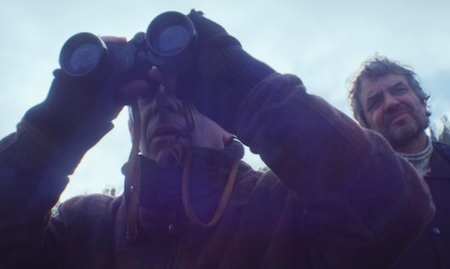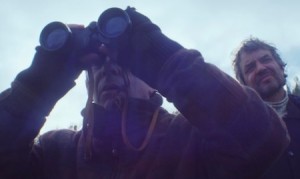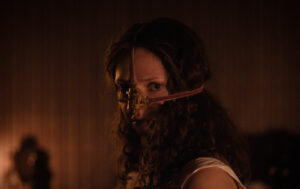The Club

Pablo Larrain’s decision to set The Club in a foggy, bleak seaside town at the end of the earth is probably no coincidence. The Chilean director has used his latest film to turn his attentions to the Catholic church; an institution that carries with it certain baggage, through which Larrain is eager to rummage.
What appears at first to be no more than a collection of five men and a woman heading towards pensionable age in a shared coastal residence, getting by on a diet of greyhound racing, red wine and idle chatter, soon reveals itself to be a group of priests living out a form of earthly purgatory for their sins.
Though at first you may afford them the benefit of the doubt over their apparent disregard for spiritual contemplation (the greyhound is the only dog mentioned in the Bible, after all), the sinister litany of past wrongs quickly emerges. Padre Lazcano is pursued by a vagabond named Sandokar, who shouts loudly about the sexual molestation the priest inflicted upon him as a child.
Lazcano puts on his mobster hat and take this uncomfortable matter into his own hands. When a more senior man of the cloth, Padre Garcia, turns up to investigate, we’re left waiting to discover if the church will come good on cutting out the rot or merely conspire to cover the ugliness so as to obscure stain. The bleak aesthetics and sophisticated performances from some of Larrain’s most trusted players help bring out the unholy, conspiratorial heart of what is an already intriguing story.
This black comedy with a righteous message makes for another considered and astutely executed instalment in Larrain’s continued exposition of injustice in his native Chile. An explosive, gripping and thoughtful a film as Berlinale is likely to see, The Club will win its fair share of admirers.
Benedict McKenna
The Club does not yet have a UK release date.
Read more of our reviews and interviews from the festival here.
For further information about Berlin Film Festival 2015 visit here.

























Facebook
Twitter
Instagram
YouTube
RSS